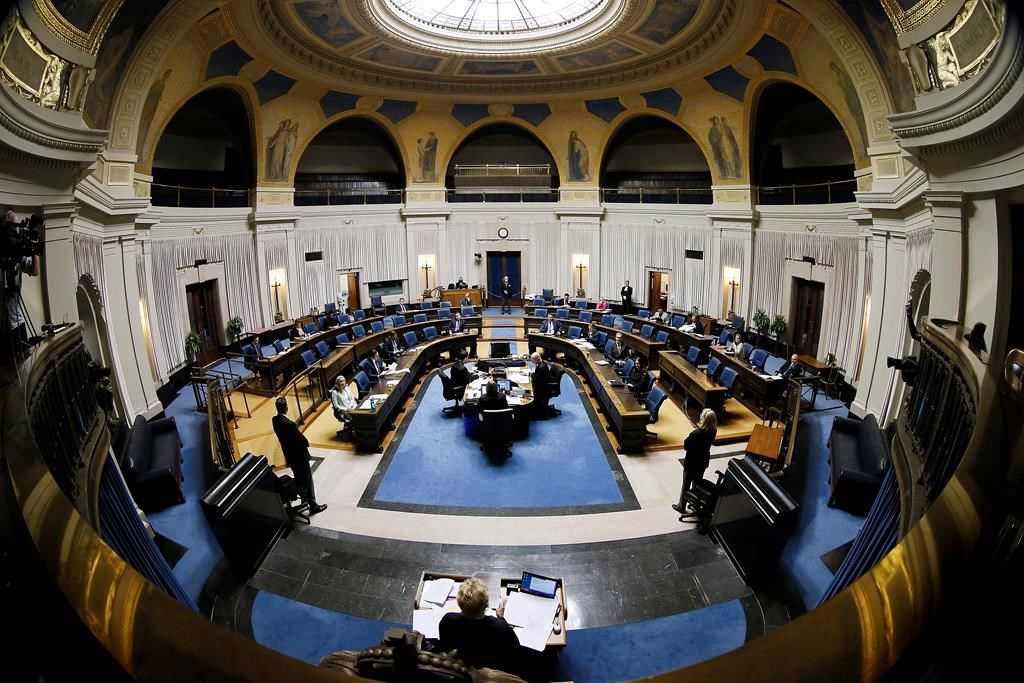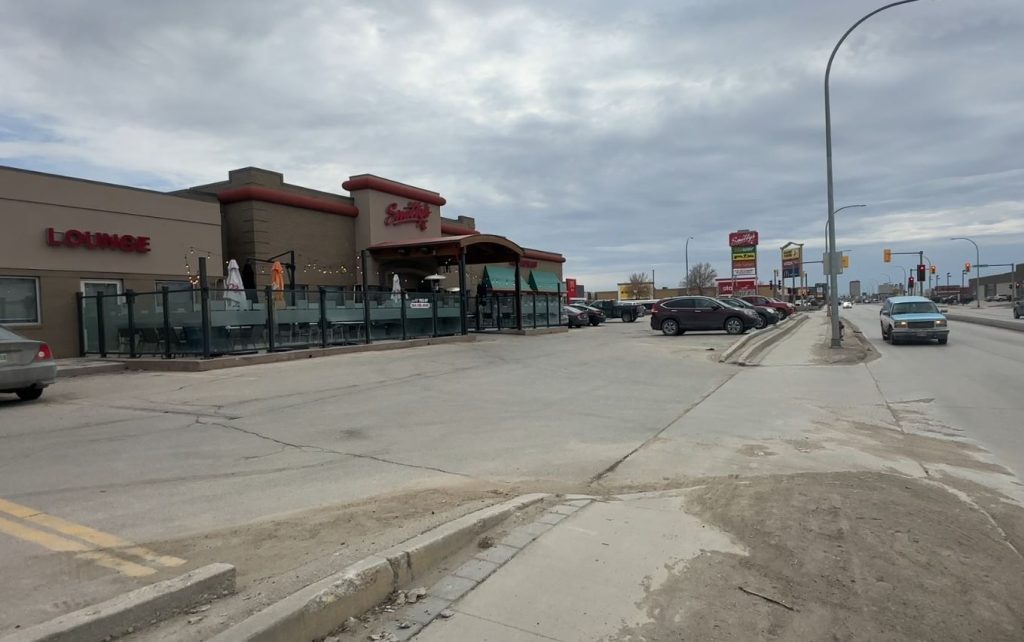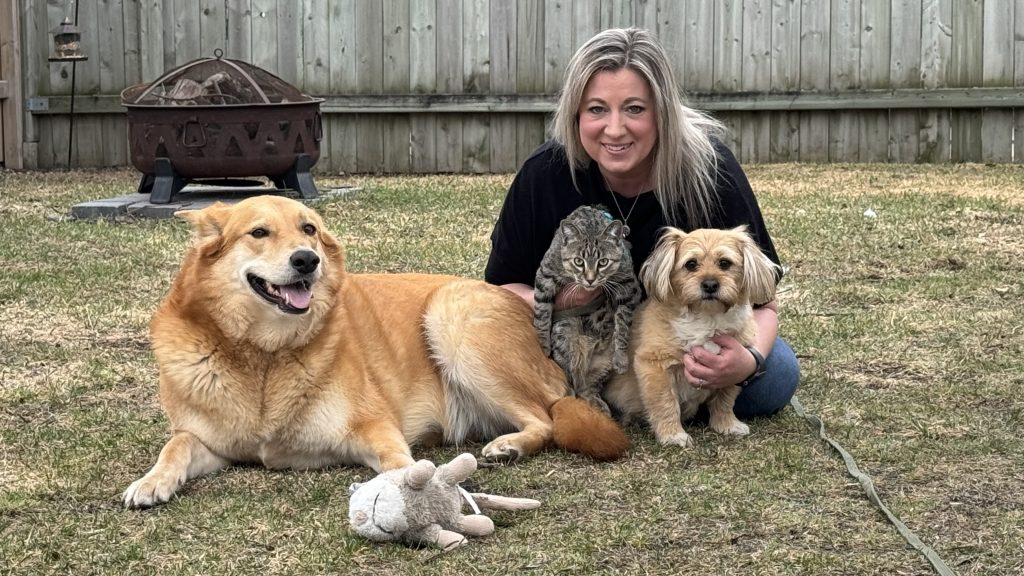‘Not just a visitor’: Campaign wants more access to care homes, hospitals for family caregivers

Posted October 9, 2020 8:35 pm.
OTTAWA (NEWS 1130) — Visitors continue to be restricted at care homes and hospitals amid COVID-19 but a new campaign wants decision-makers to recognize family caregivers as more than just visitors.
The Canadian group Caregivers4Change says family caregivers — a role that can encompass children, spouses, or close friends — are critical members of people’s care teams and should be recognized as such.
The campaign’s Dr. Daren Heyland is a critical care physician who says even the medical community is beginning to recognize that family members belong in the room, to help with things like communication, basic hygiene, and holding a hand.
“It’s not just a visitor, it’s not just a nicety, it’s an essential requirement for good health and for good outcomes for vulnerable patients,” he says.
“Because I’m a healthcare professional, because I’ve done research establishing the importance of that role of family caregiver I had to bring a voice to the public space and help our decision-makers — be they elected officials or hospital administrators — realize that family caregivers are an essential part of the care team.”
Breaking isolation and providing comfort, particularly when patients are at the end of their lives, is something many caregivers have been unable to do since the pandemic ushered in visitor restrictions.
“In some instances they die with no one attending to them, nothing familiar around them, just healthcare professionals — who of course are garbed up in personal protective equipment, and all you’re going to see is their eyeballs. So, not a very humane experience,” he says.
RELATED: ‘I don’t want to go through this ever in my life again,’ LTC resident tells inquiry
Beyond seeing to people’s emotional needs when they are sick and scared, caregivers also play an important advocacy role.
“It’s someone who plays a role in caring over, in watching over, in advocating for, and a big role in decision making. Often times sick people aren’t necessarily competent to make their own decisions so healthcare professionals will rely on substitute decision makers,” he says.
“If those people are absent from the clinical scenario you’ve got to wonder how decisions are being made, and whether people are getting the right care or best care that’s possible for them.”
The campaign is inviting Canadians to sign a declaration affirming the rights of caregivers. Among other things, the declaration says caregivers ought to have access to all healthcare settings, and be given what is necessary to make that safe.
“Technology, equipment, and training required for us to exercise our rights that should be provided by health care providers, institutions, or governments,” it reads.
RELATED: Survey gathering feedback from B.C. seniors and families struggling to cope during pandemic
Heyland says this issue is one that will touch most Canaidans in their lifetimes.
“We’re all caregivers of some sort, or we’re all receiving care, or at some point we will,” he notes.
“It’s important that we get a rallying voice that’s amplified so that our decision makers hear it.”
Issues about the care and conditions for older, vulnerable people confined to medical institutions didn’t begin when a pandemic was declared in March, but a spotlight has been shone on the struggles.
“What COVID has done is blown the roof off. So now everybody sees the challenges that go on in these institutional care settings,” Heyland says.
“We’ve got to fix this, we’ve got to do something about this. Now’s the time.”








